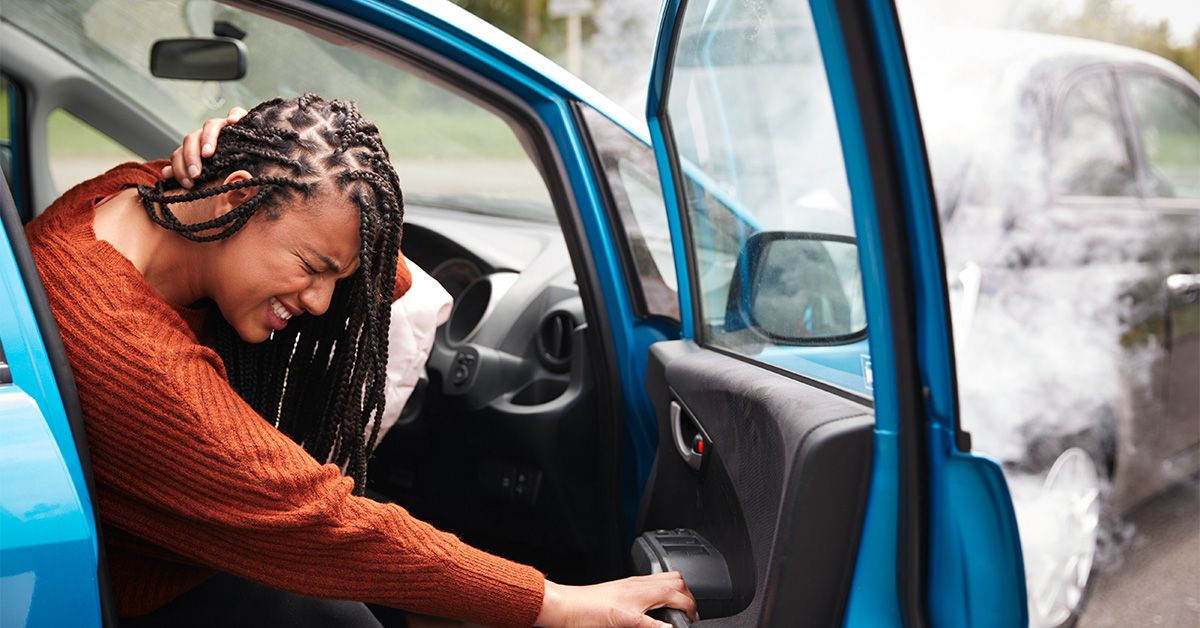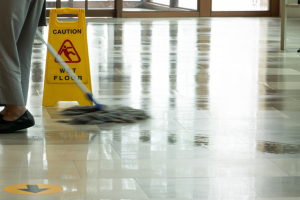Akbar Thomas Resources and Education

What You Need to Know About Rideshare Accidents in Florida
Uber and Lyft ridesharing services have soared in popularity in Florida over the past decade, but the convenience of the taxi-like services is not free of problems and complications. A noteworthy problem is that rideshare drivers may be more prone to traffic accidents than the general public due to distractions and other work-related factors. And this can cause complications when a passenger injured in a rideshare accident needs to figure out who is responsible for the damages.
As an auto accident specialist for Tallahassee’s Akbar Thomas Law, personal injury lawyer Brandi Thomas can explain why rideshare drivers are prone to accidents and why rideshare accident liability claims are complicated. If you’re injured in a rideshare accident, you should contact an experienced rideshare accident attorney—like Mutaqee Akbar—to identify the responsible party(ies) and strategize the most effective claim for compensation.
Factors That Cause Many Rideshare Accidents
Based mainly on anecdotal evidence, some traffic researchers believe rideshare drivers may be more prone to accidents than the general driving public. For example, researchers who examined National Highway Traffic and Safety Administration data determined that fatal traffic accidents increased in metropolitan areas between 2% to 4% each year after ridesharing companies set up operations.
Meanwhile, Florida Department of Highway Safety and Motor Vehicle data suggests that the annual number of Florida Traffic accidents attributed to distracted driving has soared by more than 700% since the first rideshare service began operations. While correlation may not imply causation, rideshare drivers face far more distractions than most drivers. The nature of their job makes them far more reliant on GPS systems, navigational and traffic apps, and communications tools while they drive. They also face distractions from the passengers they’re carrying. Along with distractions, the competence of some rideshare drivers may be compromised by a lack of experience, while others may have delayed reaction time due to spending too many consecutive hours behind the wheel.
Whose Insurance Covers a Rideshare Accident
Florida Statute 627.748 mandates insurance requirements for rideshare drivers and the companies that hire them. The drivers and rideshare companies must carry liability insurance covering passengers and other people who might get injured in a rideshare-related accident. The driver’s insurance must provide a minimum of $10,000 of personal injury (PIP) protection and $10,000 of property damage liability coverage. Rideshare companies must carry two tiers of liability coverage, one to cover liability when a working driver doesn’t have a passenger and the other to provide coverage when a passenger has been assigned. When the rideshare driver is not en route to pick up passengers or currently carrying any passengers, the minimum liability coverage must be “at least $50,000 for death and bodily injury per person, $100,000 for death and bodily injury per incident, and $25,000 for property damage.” Minimum liability coverage of $1 million for death, bodily injury, and property damage is required when the driver schedules a pickup or carries passengers.
The statute also requires the rideshare companies to screen and monitor their driver’s driving records and conduct. The companies must confirm and reconfirm the driver’s age, license validity, and motor vehicle registration every three years. Drivers cannot be authorized if they have had more than three moving violations within three years, a felony conviction, a DUI conviction, or other specified criminal convictions. Drivers must also abide by a zero-tolerance policy for drugs and alcohol while driving. A rideshare company’s failure to follow these dictates opens it to potential liability in rideshare accidents.
Assessing Liability in Rideshare Accidents
If you are involved in a rideshare accident, several different insurance companies could play a role in the subsequent claims, including:
- The rideshare driver’s
- The rideshare company’s
- Another motorist’s
- Your own
Assessing liability claims depends on numerous factors, but, in general, the following scenarios apply to rideshare-related accidents:
- Rideshare driver’s insurance—when the at-fault driver is not on the job (not logged into rideshare app).
- Rideshare company’s first-tier ($50,000/$100,000/$25,000) insurance—when the at-fault driver is on the job but has not scheduled a ride or picked up passengers.
- Rideshare company’s second-tier ($1 million) insurance—when the at-fault driver is en route to pick up a passenger(s) or is transporting passengers.
- Another motorist’s insurance—when another motorist caused the accident.
- Your insurance—if the accident was caused by another motorist not carrying insurance, you may need to seek compensation from your own company.
While this seems straightforward, traffic accidents and resultant insurance liability claims are often complicated, and insurance companies frequently try to reduce or deny claims.
Injured in a Rideshare Accident—Contact Akbar Thomas Law
If you are injured in a rideshare-related accident, it’s imperative to consult with a skilled personal injury lawyer as soon as you’ve tended to any medical needs. Your lawyer can investigate the accident to determine who’s at fault and strategize the best means of securing compensation for your liability claim.
With more than two decades of Tallahassee-area practice, Akbar Thomas Law’s personal injury legal team can provide you with expert guidance in making your rideshare accident liability claim. To learn more, contact us today at 850-383-0000 or initiate a conversation with our chatbot.

